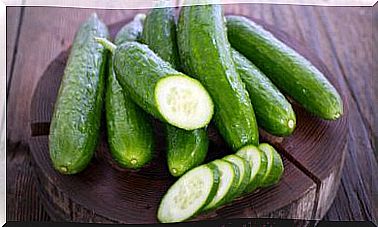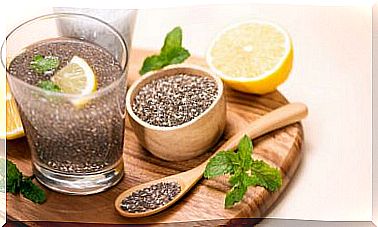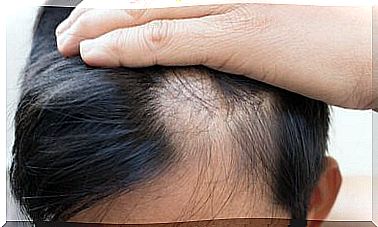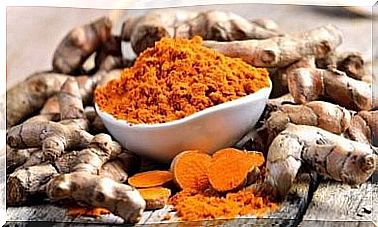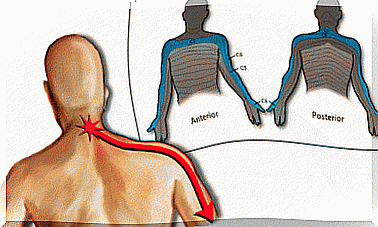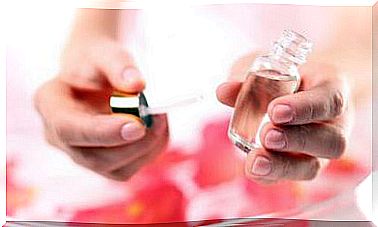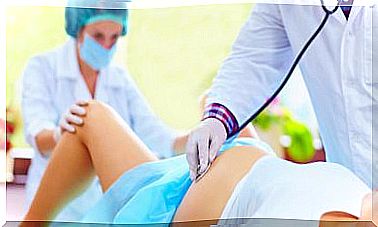The Potential Of Estrogens In Your Diet
When we reach menopause, estrogen levels drop drastically and begin to cause symptoms and discomfort. That is why, during this stage, adding foods with estrogens to the diet becomes essential.
These hormones are those that regulate aspects such as menstruation and its cycles, the ability to reproduce and the growth of the mammary glands.
Next, we will tell you which foods favor the production of estrogens so that you can incorporate them into your diet.
Estrogen functions
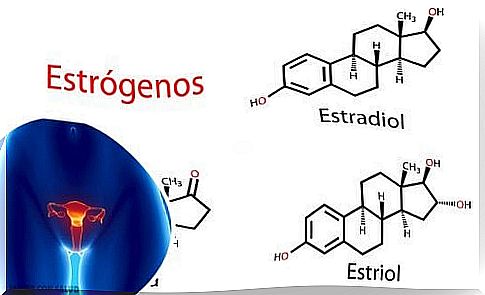
Estrogens are primarily female sex hormones, which are produced in the ovaries and adrenal glands.
They play a fundamental role in the development of women during puberty and are responsible for the growth of the mammary glands, the appearance of menstruation and other changes that occur in the female body.
They also contribute to the maturation of the vagina, uterus, endometrium, and fallopian tubes.
During this stage, estrogen levels increase and remain stable until menopause occurs, when they decrease considerably.
Types of estrogens
- Estrone : It is the least abundant and is synthesized in the ovary and in adipose tissue from progesterone.
- Estradiol : It is the type of estrogen that is found in greater quantity during the fertile time, it is synthesized from testosterone.
- Estriol : It is produced in large amounts during pregnancy and is obtained from androsterone.
Features
In addition to those mentioned above, they perform many other functions in the body such as:
- They act on bone metabolism preventing the loss of calcium.
- They influence the metabolism of fats and cholesterol in the blood, participate in the production of good cholesterol, HDL.
- They have an important role in the formation of collagen, in addition, they also influence the appearance of nails and hair.
- Alterations in estrogen levels can cause mood swings.
- They stimulate skin pigmentation on nipples, areolas and genitals.
Menopause and estrogen levels
In our 20s, our hair, nails, and skin shine, we have regular menstrual cycles, and no sign of hot flashes, cold sweats, or vaginal dryness. However, time passes and with the arrival of menopause there is a decrease in the production of estrogens.
Decreasing estrogen levels can lead to hair loss, osteoporosis, and weight gain.
Also, changes in behavior and mood appear such as fatigue, depression, anxiety, insomnia or irritability.
It is time to make the necessary changes in our diet to incorporate foods that increase the levels of these hormones.
Incorporate estrogen foods into your diet
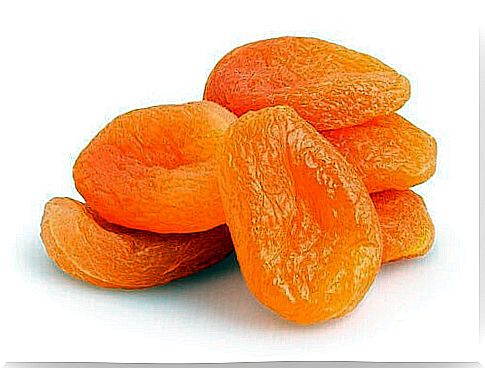
Although estrogen levels can decrease due to multiple factors, maintaining a good diet can be decisive in alleviating the effects of this lack of control.
In fact, there are many foods rich in phytoestrogens, which can help counteract this decrease to avoid its subsequent health consequences.
These are some of the foods that can be easily incorporated into our diet to help increase the level of estrogens:
- Fruits : apples, cherries, dates, papayas, plums, pomegranates, tomatoes.
- Vegetables : alfalfa, beet, carrot, celery, cucumber, eggplant, garlic, olives, parsley, peppers, potatoes, pumpkin, rhubarb.
- Cereals: barley, hops, oats, brown rice, wheat.
- Beans: soybeans (soybeans and soy-based products), chickpeas, lima beans, lentils, navy beans, kidney beans, peas.
- Others: parsley, sage, cloves, garlic, licorice, flax seeds.
You probably already use a lot of these foods, and you may also need to include some natural herbal supplements , something that women have used forever.
These herbs contain plant estrogens that can produce estrogen-like effects and thus relieve some of the symptoms of menopause such as hot flashes, night sweats, vaginal dryness, and cramps.
Recommended herbs
Although not all of them are scientifically proven as a complement in the treatment of menopause, these are some that could be of help:
- bruise
- Cardamom
- Fenugreek
- Clover
- Alfalfa
- Nettle
- Witch hazel
- Passion flower (passionflower)
- Valerian
- Yarrow
- Mistletoe
- Sagebrush
- Black Cohosh
- Dong quai (Angelica herb)
- Wild yam
- Licorice root
You can find these natural herbs for menopause in any herbalist and in some places it is also possible to get them online.
Warnings
However, we must mention that the consumption of supplements for the increase of estrogens can cause adverse effects.
In this sense, some studies have linked hormone therapy during menopause with some types of cancer.
Therefore, it is important to consult a specialist before starting to take these types of supplements.
Finally, some women have a genetic predisposition to suffer more from menopausal symptoms . Unfortunately, there is no way to predict with certainty how each woman’s body will respond to the changes that accompany menopause.
The best advice is to try to eat as varied as possible and do not forget to include foods and natural remedies with estrogens in the diet, as they can make life easier, at least by minimizing those annoying symptoms. Do not forget to go to the doctor if you feel these types of symptoms so that they can recommend a treatment.
And you, do you use any of these resources? Do you have any other tips to share with us?
